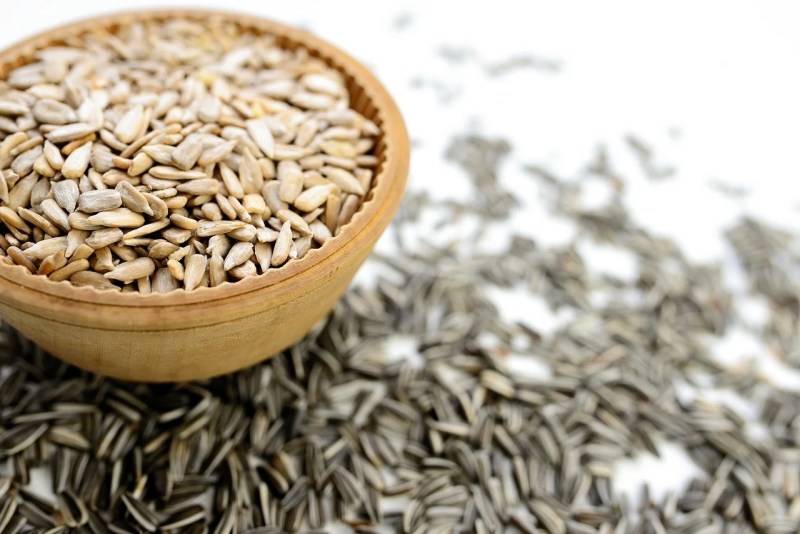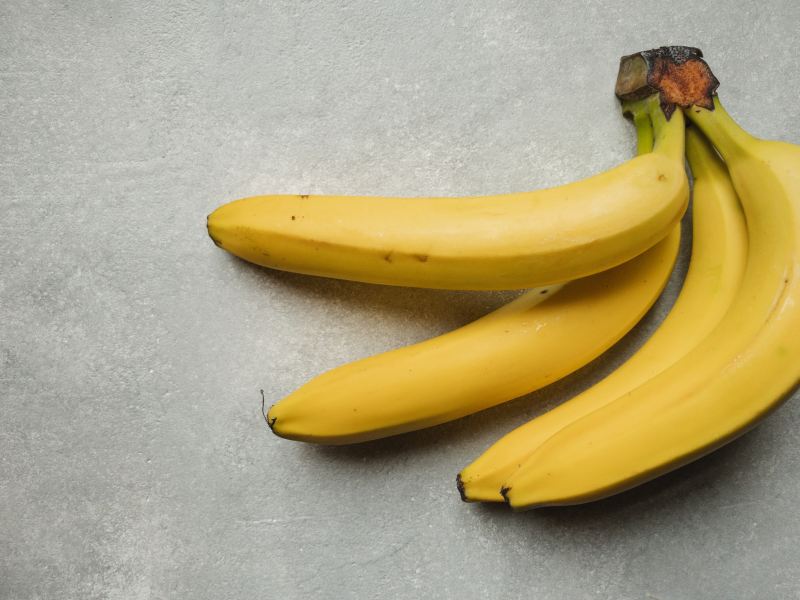Whether you are an endurance athlete, casual runner, or simply someone who always makes sure you’re staying hydrated, electrolytes are essential. As a personal trainer, I am always stressing to my clients that they need to get in enough electrolytes surrounding their workouts. When you think of electrolytes, your mind likely goes straight to Gatorade and other sports drinks. However, there are other ways to get them in.
In this article, we will share with you some of the best sources of electrolytes that come in both solid and liquid form. Keep reading to learn everything you need to know to stay hydrated.
What are electrolytes?

Electrolytes are minerals that carry an electrical charge. They’re essential for many bodily functions, including hydration, muscle contractions, nerve function, and pH balance. In other words, electrolytes help your body function properly — they’re like the superheroes of your body’s internal system, working behind the scenes to keep everything running smoothly.
“In simple terms, electrolytes refer to the vital minerals in your blood, sweat, and urine,” said Megan Darlington, a registered dietitian. “These include sodium, potassium, calcium, and magnesium. Electrolytes are key for proper nerve and muscle function, so they’re especially important for athletes or people who live an extremely active lifestyle.”
What foods have electrolytes?

While sports drinks and powders like LMNT Electrolytes can be quick and convenient, they’re not your only options. Below, we’ve listed some natural sources of electrolytes that you can find in almost any grocery store.
Bananas
Bananas make for a great pre- or post-workout snack thanks to their high potassium content. They’re also loaded with digestible carbohydrates and are easy to grab on the go. In addition to potassium, bananas contain magnesium, calcium, phosphorous, and small amounts of sodium.
Sunflower Seeds
Sunflower seeds are crunchy, delicious, and a surprising source of electrolytes. According to Darlington, these tasty seeds often fly under the radar when it comes to their electrolytes. “They’re an excellent source of magnesium and phosphorous,” she said.
Adding a handful of sunflower seeds to your salads, trail mix, or even just snacking on them throughout the day is an easy way to boost your electrolyte intake and support muscle function.
Lentils
Lentils may not be an obvious choice for replenishing electrolytes, but these legumes are packed with nutrients, including electrolytes. TheU.S. Department of Agriculture (USDA) reports that one cup of cooked lentils (no salt) contains about 356 mg of phosphorus and 731 mg of potassium.
Dark Chocolate
If you’re craving something sweet, reach for some dark chocolate. It’ll satisfy your sweet tooth and give you a healthy dose of electrolytes at the same time. Dark chocolate is rich in magnesium and potassium, which are important for muscle function and blood pressure regulation. Magnesium also helps to improve sleep quality, and potassium can help to prevent muscle cramps.
Seaweed
Seaweed is an acquired taste, but it’s worth considering if you’re looking for a natural source of electrolytes. Seaweed is a nutrient-rich food that contains various electrolytes, including chloride — an important mineral that helps regulate fluid balance, stomach acid, nerve function, and pH. Seaweed is also a good source of other electrolytes, such as potassium, magnesium, and iodine.
In addition to being nutritious, seaweed is a versatile ingredient that can be used to make various snacks, apps, and meals. Add it to stews, soups, sushi rolls, salads, and smoothies.
What drinks have electrolytes?

If you can’t stomach the thought of scarfing down a plate of lentils or a handful of sunflower seeds after a workout, there are still plenty of options outside the sports drink aisle.
Coconut Water
Coconut water is a great alternative to traditional sports drinks; it’s natural, hydrating, and contains electrolytes such as potassium and magnesium.
“Often the easiest and quickest way to replenish your body with electrolytes is by drinking rather than eating,” Darlington said. “I recommend coconut water or plant-based milk to quickly replenish your body with the necessary electrolytes. I would stay away from most sports drinks that claim to be good for hydration since they usually contain large amounts of sugar.”
Milk
Milk probably isn’t your go-to after a hard workout, but real dairy has its benefits.
“For people looking to replenish electrolytes after exercise, milk is a one-stop shop because it is a natural source of potassium, calcium, and sodium,” said Erin Coffield, RDN, LDN, and Vice President, Health and Wellness Communications at National Dairy Council. “Or you can make a smoothie with fruits, greens, milk, and/or yogurt.”
Water
Electrolytes drinks and waters are an easy go-to when you’re dehydrated, but sometimes you need regular tap water to quench your thirst. Although bottled and tap water aren’t exactly rich in electrolytes, water plays an important role in transporting nutrients and electrolytes throughout the body.
According to the USDA’s Nutrient Data Laboratory (NDL), tap water contains 2–3% of the recommended daily intake (RDI) of sodium and trace amounts of other electrolytes, such as magnesium and calcium.
Frequently asked questions

What is the most effective electrolyte?
The most effective electrolyte can depend on the person and their daily exertion, but sodium is often considered the most crucial for hydration and muscle function, especially during intense physical activity. Potassium and magnesium are also necessary for important bodily actions like muscle contraction, nerve function, and maintaining fluid balance. The ideal electrolyte drink is well balanced and contains a mix of these minerals, which can help restore hydration and prevent cramps or fatigue during exercise or illness.
Can I just add salt to water for electrolytes?
Yes, adding salt to water can provide sodium, an essential electrolyte, but it may not provide a complete balance of electrolytes. As mentioned before, sodium is important for hydration and muscle function, but you also need potassium, magnesium, and calcium for optimal electrolyte balance. To fully replenish electrolytes, it’s better to use a specially formulated electrolyte drink or supplement if you can.




